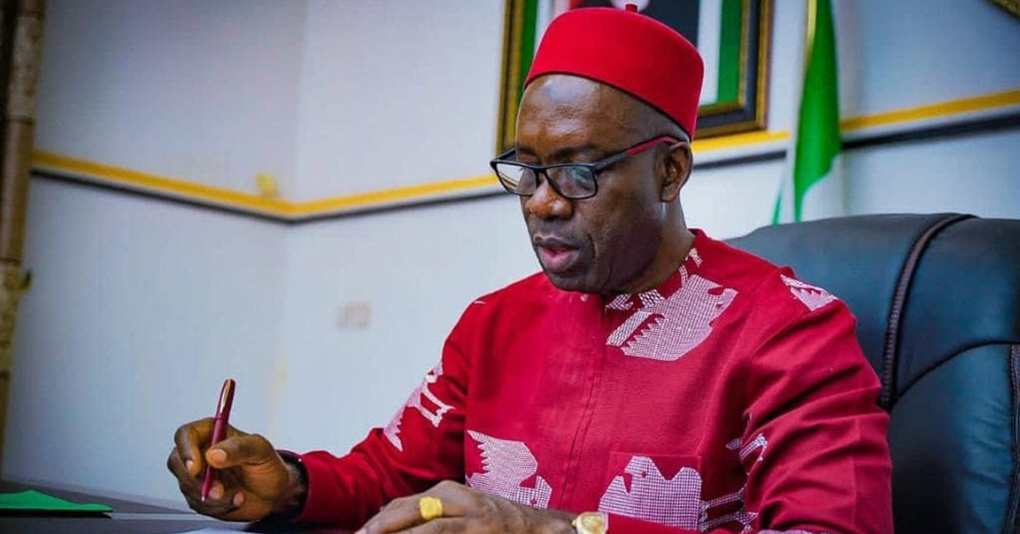The Pharmaceutical Society of Nigeria, PSN, has reaffirmed its commitment to building a competent, future-ready pharmaceutical workforce, setting a bold agenda for reform and excellence in education and practice.
Speaking at the opening ceremony of the 98th Annual National Conference of the PSN, themed DABO 2025, held in Kano recently, the President of the Society, Pharm. Tanko Ibrahim Ayuba, unveiled strategic reforms aimed at redefining pharmacy education, enhancing professional recognition, and consolidating recent victories in regulation and welfare.
“The pharmacy profession must build a new workforce that is holistic, broad-based, and versatile,” Ayuba declared. “Our vision is to make the Doctor of Pharmacy (Pharm.D) the minimum entry level to practice pharmacy in Nigeria.”
According to the PSN President, the Society is intensifying efforts to strengthen academic and professional alignment in the training of pharmacists. The new roadmap focuses on enforcing the Pharm.D as the minimum qualification for practice, expanding postgraduate opportunities, and harmonising Ph.D and Fellowship programmes in pharmacy education.
Ayuba said this integration will produce a formidable pool of experts who can be both academics and consultant pharmacists, ensuring Nigeria’s pharmacy education meets global standards while addressing local health challenges.
“Our profession missed a golden opportunity to actualise this pathway over five years ago,” he noted. “This is the time to move forward—to elevate academic pharmacists to a platform of total practice of the profession.”
The PSN, he said, has fought long-standing battles to preserve the integrity of the profession. One major victory came when the Federal Ministry of Education directed the cessation of “Pharmacy Technologist” training in Nigerian polytechnics—an unlicensed and globally unrecognised cadre.
Following interventions by the Pharmacy Council of Nigeria, PCN, and the National Board for Technical Education, NBTE, a Memorandum of Understanding was signed on April 17, 2025, formally ending the programme and recognising pharmacy technicians as the only acceptable technical cadre, aligning with international best practices.
“This reform restores order to our professional structure. It ends years of confusion and protects the future of licensed pharmacy practice.”
In another milestone, the PSN secured a landmark judgment affirming the powers of the PCN to regulate and control the sale, dispensing, and custody of veterinary drugs across the country.
The Federal High Court in Calabar, on October 29, 2025, upheld PCN’s authority and nullified attempts by the Veterinary Council of Nigeria, VCN, to seize regulatory control through an unlawful gazette.
“This victory is not just for pharmacists but for all Nigerians,” Ayuba said. “It reinforces the legal and professional boundaries that safeguard the health sector from unregulated practices.”
The PSN has also made significant strides in improving the welfare of public sector pharmacists, working closely with the Joint Health Sector Unions, JOHESU, and the Assembly of Healthcare Professionals Association, AHPA.
Achievements include recognition of pharmacists as hospital-based consultants, payment of 25–35 percent CONHESS salary arrears, creation of IPPIS payment elements for Pharm.D holders, and an increase in call-duty allowance for Pharm.D pharmacists to 4 percent of basic salary.
Perhaps the most symbolic breakthrough was the extension of the retirement age for pharmacists to 65 years, and 70 years for consultant pharmacists, aligning them with their medical counterparts.
“This was a tough battle that raged for over 12 hours across four meetings,” Ayuba recalled. “But we prevailed—and that recognition now stands as a testament to the unity and perseverance of our profession.”
As the PSN ushers in a new era, Ayuba called for continuous learning, innovation, and collaboration among pharmacists, policymakers, and educators.
He reiterated the Society’s plan to push for legislative action to establish a National Postgraduate College of Pharmacy, designed as a Nigerian-oriented institution to complement the West African Postgraduate College of Pharmacists.
“We must seize this opportunity to define our future,” he urged. “The new pharmacy workforce must be equipped not just for practice, but for leadership, research, and policy influence in the health sector.”
Ayuba also encouraged delegates to take full advantage of the five-day conference, which features scientific sessions, lectures, and special meetings.
“Beyond the scientific sessions, please attend meetings that will add value. Let this conference pass through you as you enjoy DABO 2025.”
Share this post





Be the first to comment on this post